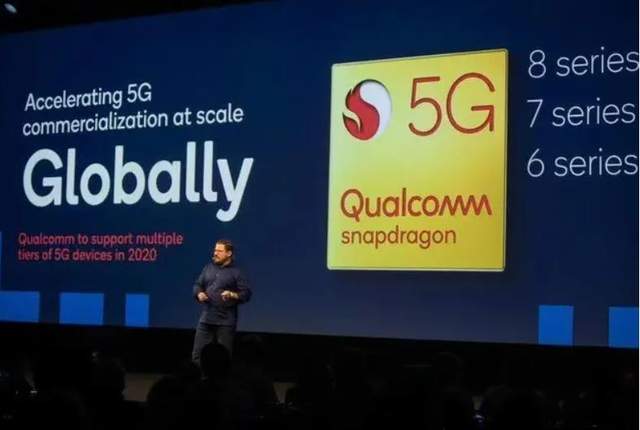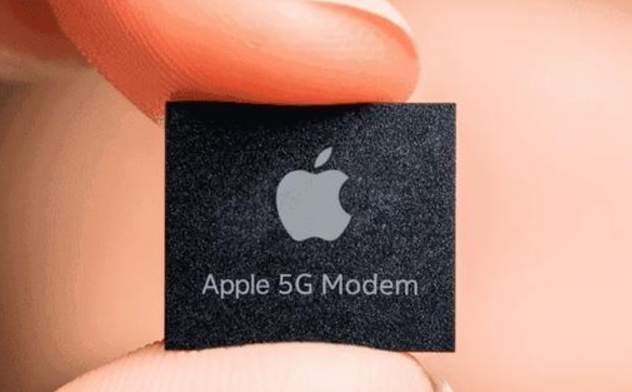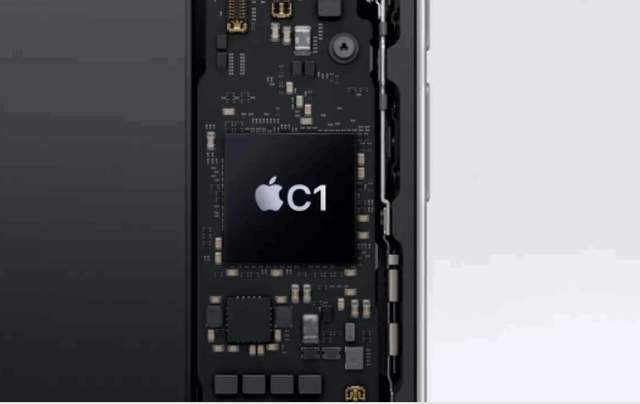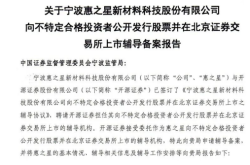The Rise of Apple's Independence: Qualcomm's Reign Over Apple Comes to an End with iPhone 16e
![]() 02/24 2025
02/24 2025
![]() 500
500
Whether we acknowledge it or not, Qualcomm currently stands as the undisputed leader in mobile chip technology. Despite trailing MediaTek in shipment volume, Qualcomm surpasses it in terms of status, revenue, profit margin, and brand value.
In the realm of baseband chips, Qualcomm reigns supreme with the world's largest market share and unmatched performance, outpacing all competitors.

Historically, Apple relied on Qualcomm's baseband chips due to the lack of its own, placing Apple under Qualcomm's influence.
Apple then introduced Intel into the mix, but Intel's inability to deliver a 5G baseband chip forced Apple back to Qualcomm, a move seen as a concession.
Simultaneously, Apple acquired Intel's baseband chip division, aiming to develop its own baseband chips and sever ties with Qualcomm.

However, the development of baseband chips is a formidable task. The complexity lies not in the chip itself but in the baseband technology, which enables phones to communicate with operators' base stations.
This involves managing thousands or even tens of thousands of wireless signal frequency combinations and necessitates collaborative debugging with global operators. It requires a vast portfolio of communication patents and extensive experience, making it exceedingly challenging.
For six years, Apple struggled to develop a 5G baseband chip, keeping it dependent on Qualcomm.

But in 2025, Apple finally stands tall with its own 5G baseband chip, the c1 chip, featured in the iPhone 16e.
This c1 chip, developed in-house by Apple, is touted as the most power-efficient baseband chip ever in an iPhone. While Apple refrains from calling it the most powerful, Apple products are known for their superior quality.
As Apple tests and refines this chip in the iPhone 16e, its integration into future models like the iPhone 17 becomes increasingly likely.

Moreover, Apple's tablets, cellular computers, watches, and other devices can now utilize these self-developed baseband chips, eliminating the need for Qualcomm's offerings.
For Qualcomm, Apple has been a significant revenue generator and a valuable brand association. However, with Apple's independence, Qualcomm loses its grip over Apple, impacting various aspects of its business. Undoubtedly, Qualcomm emerges as the biggest loser in Apple's iPhone 16e era.



